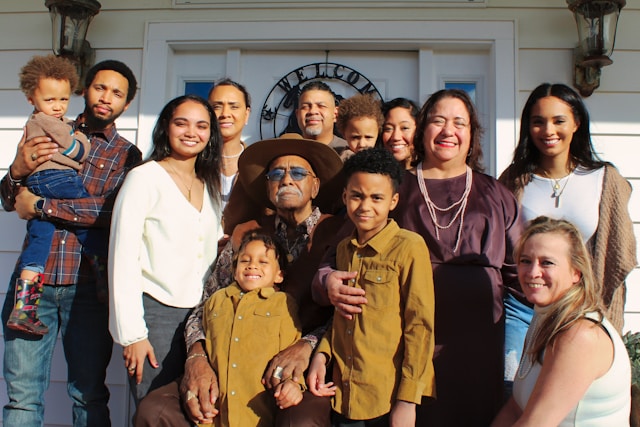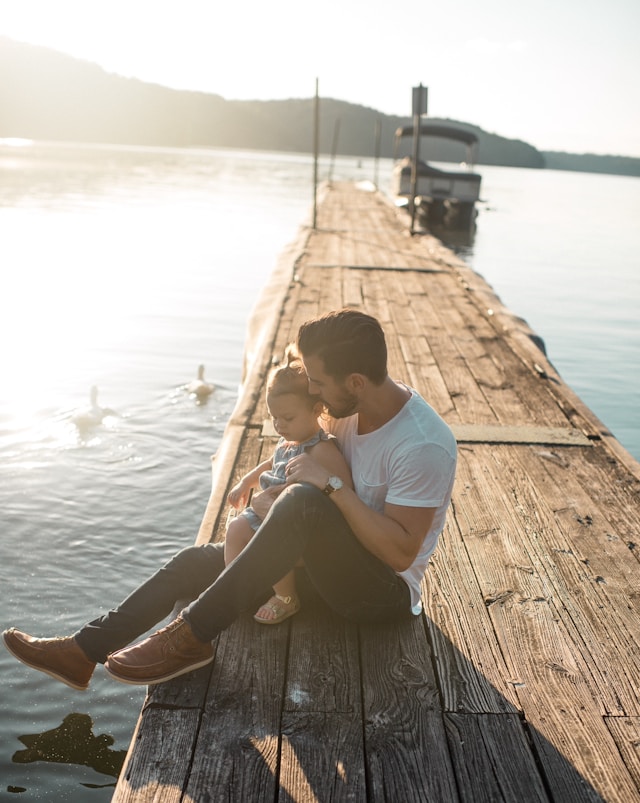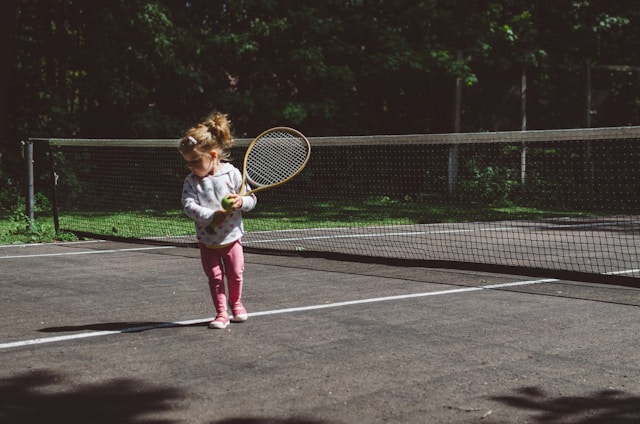Nora Filgiano never wanted a sibling.
Nora was an only child. Being an only child suited her just fine. Even on Christmas morning, she was entirely satisfied with the arrangements. The two-to-one ratio made perfect sense to her.
Nora Filgiano never wanted a sibling.
Nora’s mom was a paediatric nurse at the old Childrens’ Hospital at 57th and Cambie. Nora remembers her as a “fabulous mom” who’d work Christmas morning so that the young nurses could have the morning with their families. Nora and her dad would quietly pass the day waiting for her return. Life was orderly and pleasant.
All of Nora’s friends had brothers and sisters. Noisy, truck loads of ‘em. According to Stats Canada, the most prevalent household size in Canada up until 1976 was five people. Nora’s situation as the marquee player at the Filgiano household provoked playground scrutiny. She remembers having to respond to a steady stream of bafflement throughout elementary school: “Why don’t you have any brothers or sisters?” It was a oddity; there had to be some justification for being an only child. Nora could do little but shrug. It’s not that Nora’s parents planned on having just one child, but that’s just the way the cookie crumbled. Despite the ongoing inquisition, “I never wanted for a sibling”, recalls Nora.
“Why don’t you have any brothers or sisters?”
The stigma attached to single children is that they cannot help but be spoiled. Even as a little girl, Nora was well aware of this. She remembers making a conscious effort to not be spoiled. It was one thing to have to answer the persistent question about being an only child, she wouldn’t allow them to also sit in judgement of her conduct.

What she didn’t lack for was cousins. Both her mom and dad were one of nine kids. Each of those kids had children and Nora estimates that she has over 50 cousins, here and in Ireland.
Come the holidays, that made all the difference. Nora would go on to marry the wonderful Craig McDowall and have two kids of her own. Despite being satisfied with her “only-ness”, she never considered having just one child. Nora says she lucked out. She had two – a boy and a girl. As many as 20 now sit down for holiday dinners at their house.
Increasingly, brothers and sisters are a rarity in Canada.
Nora’s situation as a solo would go unnoticed in the school yard now. It wouldn’t raise an eyebrow or provoke a single question. Today’s kid would more likely have to explain how it is that they have siblings, at all. Increasingly, brothers and sisters are a rarity in Canada. In 2021, the most common type of family in Canada was the only-child family. Fewer than 16 percent of families in Canada now have three or more children. That means the chance of racking up dozens of cousins is vanishing. The presence of aunts – plural – and uncles – plural – is fading from view. It wasn’t long ago in an earlier column that I bemoaned the extinction of the great-grandparent.
Pressing on four decades now, Canadian households have been shrinking. Between 2010 and 2021, the average household size in Canada decreased by slightly over three percent. On average, Canadian households now average 2.51 people.

What does this mean to Canadians? Well, it’s a seismic shift in pretty much everything. Families are the social fabric of a nation. When you factor in the likelihood of divorce and the limitations of small, perhaps single-parent families, it’s not just a question of who’s coming to Thanksgiving dinner, but is there anyone to pick you up from the hospital following surgery? Would it be fair to say that our social fabric is changing from reliable, serviceable wool to … cheese cloth?
This week’s question for readers:
WHAT ARE THE CONSEQUENCES OF THE DEATH OF THE BIG FAMILY?
Leave your Comments below!
Register for The Plain Jane newsletter and stay up to date with upcoming contests.
Submissions to last week’s question:
WHAT ARE YOUR THOUGHTS ON CLIMATE CHANGE?
I’m 66 years old. The chance of me dying prematurely due to climate change is next to nil. The chance of me dying prematurely due to underfunding of health care due to government preoccupation with climate change is much more than nil. Am I being selfish?
Ian Ballam
We are sadly way past solving climate change. The climate has already irrevocably changed; we need to focus now on harm reduction, including the threat from social upheaval caused by neurological changes in our stressed populace. We are foolishly distracted by the daily news and need to see the big picture, the only picture.
Colleen Miller
It is instructive to revisit the predictions of climate advocates for the last 25 or 30 years. I don’t know of any predictions that have come true. Remember when the Arctic was predicted to be completely ice free by 2015? Didn’t happen. Remember when the temperature today was supposed to be two degrees Celsius warmer than in 1990? Didn’t happen. There was a “pause” that the climate models and climate scientists can’t explain. In the words of Yogi Berra: “It’s tough to make predictions, especially about the future”.
Terry Edwards
My response to climate change is – and has been for decades! – stop population growth, the source of it all In Maple Ridge there is a Climate Hub, a group that tries to find small solutions and favours a positive approach. THINK before you jump in your car. Can you combine trips to diverse places; can you share a ride; can you postpone your ride till it can be combined with something else?
THINK before you buy another T-shirt, extra vegetables, an entire new set of furniture because you are “tired” of the old.
Josine Eikelenboom
Climate change is most certainly real. Recorded history notes that the Thames River that flows through London froze over in the 15th century. In northern B.C. you will find construction roads and transmission lines that seem to zig-zag through the high country with no apparent reason. The reason is very clear. In the 1950’s, glaciers ruled the mountain sides and passes. In 60 short years the ice has disappeared or is a tiny chunk of its former self.
The climate is always changing. This change is believed to be caused by variations in energy coming to earth from our sun.
The interesting factor is the question: To what extent man is changing the climate? There are now eight billion of us. We can not afford to be wrong if we are, in fact, altering the climate. We must work hard to reduce all air emissions both to ensure we have minimum impact on the climate and to ensure that the air is breathable. My point is that we must make practical decisions in doing so. Destroying our economy is not a good plan. Like it or not, we must rely on oil and other carbon generators for sometime to come. We must make measurable progress on air quality but we must hurry carefully.
Eric Sykes
Floods, drought, wildfires, starvation, superheated temperatures, increasing health issues worldwide due to (in part) by climate change, anger/climate stress and more that can be blamed on climate change.
A wise man once said the way we are dealing with these climate change problems is like using a bandaid to solve them. I have attended and facilitated many climate change forums, and still at 82 years old help facilitate sessions on climate change for seniors on the North Shore. As many humans do, I see a future of declining planetary health. I worry for my children and grandchildren. I want my politicians to be brave and act quickly without political bickering. I want all of us to act locally and globally where we can and demand more to be done.
Quite frankly, I am scared.
Name withheld by request
My thoughts on climate change can be summed up in four words: It’s a done deal. Whether or not it’s been a result of human activity, it soon will be, thanks to our growth. Conservation alone is not a solution; even if we cut per-capita consumption and emissions in half, when our population doubles we’ll be right back where we started. Yet all three levels of government – federal, provincial, and municipal – are pushing to increase our population as rapidly as possible. So hang on – it’s going to be a rough ride.
Charlie Gibbs
I don’t get too exercised by the whole climate change conversation. All I know is that we’re making a mess of the planet and ought to take better care of it. We clog the waterways with plastics and people drop toxic cigarette butts everywhere. The old saying, “Take care of the pennies and the pounds will take care of themselves” is true where the environment is concerned.
F. Chow
